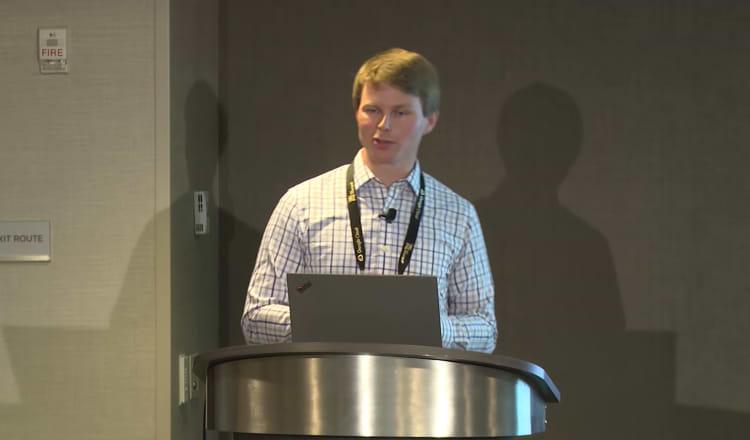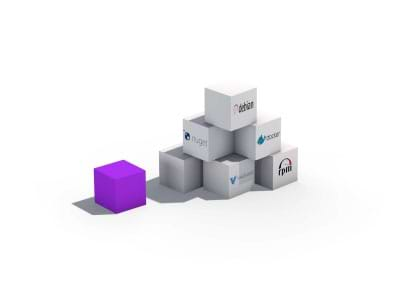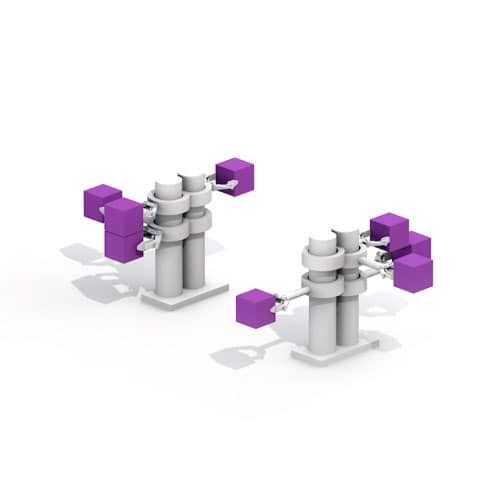FUEled by COmmunity and customer happiness





Brand reputation is critical to car manufacturers’ success, who rely on millions of lines of code to keep their cars functional and safe. Erroneous software can erode safety, performance and quality, and that can be both devastating and expensive. Automotive companies face challenges as they push forward with new technology and software. Software used by the hundreds of embedded control units (ECUs) in cars, are often developed by siloed and distributed teams, with long release cycles. The ability to work collaboratively with data availability and consistency is crucial for agility. Demand for new capabilities requires shorter releases… enter the era of Automotive DevOps.

This is the big challenge car makers want to overcome, but because of technical, procedural, and regulatory challenges this is hard to do. Complex last mile deployment issues with embedded systems make this challenging. Newer system applications can be easier to master as they can often be automated and systemized.

Embedded systems in luxury cars now exceed an estimated 100 million lines of code. Ensuring all the code bases are vulnerability free and license compliant is a massive concern. Doing this without putting up barriers and slowing down deployments is the challenge faced across many embedded development teams.

Many manufacturers use manual legacy practices to build and verify real-time embedded applications. This is because of the software stack and tools used were created without automation in mind. Building automated processes for these developments can enable speed, agility and control.

Most cars exceed 100 discrete ECUs today, and they’re not standardized like PCs or Cell Phones; they all have their own OS and language ecosystems. It’s important now to have a universal DevOps platform that supports multiple package types including C/C++, Java, NPM, Docker and also operating systems like Linux.

Automotive manufacturers need to find a way to accelerate productivity & development, ensure quality and reliability and shorten their release cycles. The JFrog Platform is an end-to-end automated DevOps platform ideal for managing and orchestrating all of your distributed software releases from code to production.

JFrog Pipelines is a next-gen centralized command and control capability for all your CI/CD pipelines. It enables automation and orchestration of all your pipeline processes. Keep your existing CI/CD investments as Pipelines integrates with the most common CI/CD Tools and DevOps Technologies.

Trusting your production builds are free of vulnerabilities and license issues is essential. Protect across your pipeline with integration into your IDE, build tools and with easy automation into your ecosystem, with an extensive REST API and flexible CLI.

Artifactory and the JFrog Platform support all major programming languages, package managers, and all the popular DevOps technologies. Support for embedded languages like C/C++, Java, .net and Go fit nicely with the embedded nature of automotive ECUs.

Having hundreds or thousands of developers requires a multi-site topology. Consistency across teams and sites is essential for auditing, quality control and trust. JFrog’s Multi-Site Federation and Access Federation ensures a single-source-of-truth for artifacts and builds across your enterprise.


